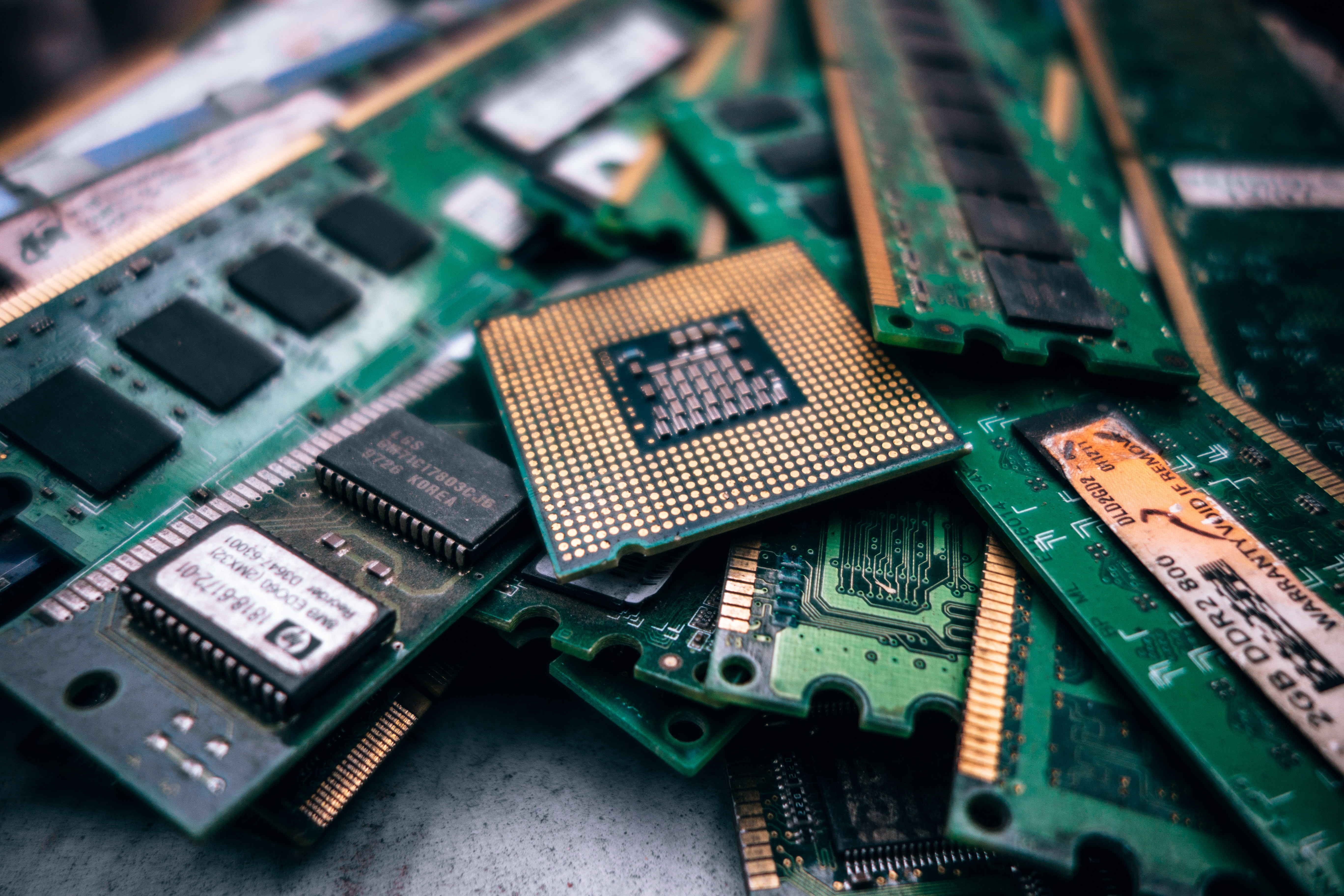Memory Issues
Most people have the quaint idea that we store memories the way we store boxes of old photos or store books on a shelf or file papers in a file cabinet. But memory, it turns out. Is really not like that at all. Memory (storage of experiences) and cognition (thinking skills) are terms that usually cover the whole of an individual’s information processing (learning) as well as encoding what has been learned (memory) as well as component processes such as language processing, analytical thinking and problem solving.
But there really is a lot going on when people talk about “memory” or “cognition.” Here are some of the component parts of what constitutes “memory”:
• Verbal (word) memory
• Visual (picture) memory
• Sensory (experiential) memory
• Short-term memory
• Long-term memory
• Episodic memory
• Semantic memory
• Declarative memory
• Procedural memory

Can Memory Be Programmed, Like A Computer?
• Regular physical activity
• Creating and maintaining family or other positive social connections
• Learning new activities, such as a new language or skill
• Mindfulness practice or meditation
• Controlling your diet
• Restful sleep
• Reducing stress
Testing For Memory Deficits
Both standard Psychological Assessments and Neuropsychological Assessments can be used to assess the functioning of human memory and individual cognitive skills or decline. What usually is considered to be a “memory” problem is often a problem with one of the component parts listed above.
Neuropsychological Assessments can be particularly helpful when there is a need to determine what individual part of “memory” may be malfunctioning, such as a difficulty with attention, or with a short-term memory (STM) versus long term memory (LTM). Often, after a good assessments, compensatory strategies can be devised to help overcome any specific “memory” deficits and Cognitive Rehabilitation can be started.
Typically, such rehabilitation is involved with recovery from stroke, heart attack or similar incident where the brain has been deprived of blood or an accident has otherwise damaged a part of the brain that is responsible for housing that part of the memory apparatus that has been impaired.




